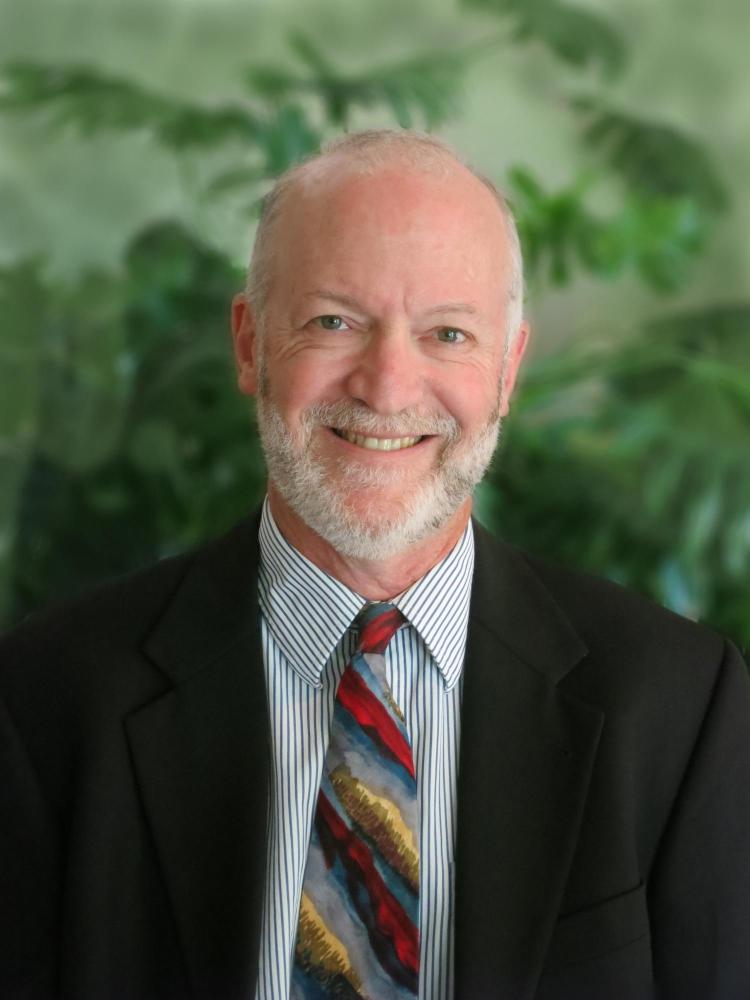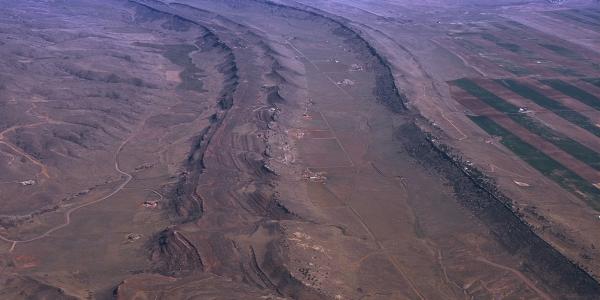'I’m delighted to be able to provide science input on the exploration and utilization of space, representing not only my own interests but those of science across all disciplines'
Bruce Jakosky, professor of geological sciences at the University of Colorado Boulder, has been tapped to be a new member of the National Space Council Users’ Advisory Group.
Jakosky, who is principal investigator on NASA’s Mars Atmosphere and Volatile Evolution (MAVEN) mission and associate director of the Laboratory for Atmospheric and Space Physics, is one of 28 representatives from government, industry and academe who have been appointed to serve two-year terms on the users’ advisory group.
The new members were announced last week by Vice President Mike Pence, who chairs the National Space Council.

At the top of the page: The Mars Atmosphere and Volatile EvolutioN (MAVEN) mission is part of NASA's Mars Scout program. Photo by NASA. Above: Bruce Jakosky
Jakosky said he was added to the roster as a result of a recognition that the group needed more representation from the scientific community. Of 28 members, he will be the only active scientist.
Jakosky said it’s a “real honor” to be selected for the group. “At the same time, this is a working group that provides input on space policy, and I expect it to be real work and not just a line on my resume,” he added.
“I’m delighted to be able to provide science input on the exploration and utilization of space, representing not only my own interests but those of science across all disciplines.”
The nation is at a crossroads several issues related to space science, Jakosky said. For instance, there are questions about the future of the “humans to the Moon and Mars program” or the role of an ongoing humans in space program. Other questions Jakosky cited include:
- What is the role of space observations in monitoring changes in our environment here on the surface, and how should the government be responding to them?
- How are we going to deal with the increasing crowds of spacecraft and debris in low Earth orbit, and with allocation of space and radio frequencies in high Earth orbit?
- Especially with companies such as SpaceX getting more involved in the space program, what is the right balance between government, industry and academia in the development, utilization and exploration of space?
Such questions have particular importance as the world copes with the coronavirus pandemic, Jakosky said, noting other key questions: “How should our activities in space and our government support for them evolve at a time when so many people are unemployed, ill, or dying? What will be the ‘new normal’ going forward, now or in a couple of years from now?”
The Users’ Advisory Group is charged with helping to “foster close coordination, cooperation, and technology and information exchange” across the U.S. space enterprise to ensure that the United States remains the world’s foremost spacefaring country, the White House stated.
Among the group’s members, other prominent names include astronaut Buzz Aldrin, Kay Ivey, the governor of Alabama, and Eileen Collins, four-time shuttle astronaut and the first female shuttle commander.
Congress established the Users’ Advisory Group in 1991 “to ensure that the interests of industries and other non-federal entities involved in space activities, including in particular commercial entities, are adequately represented in the National Space Council.”
The Trump administration revived the group in 2017. Nominees are pending official appointment by the NASA administrator.



